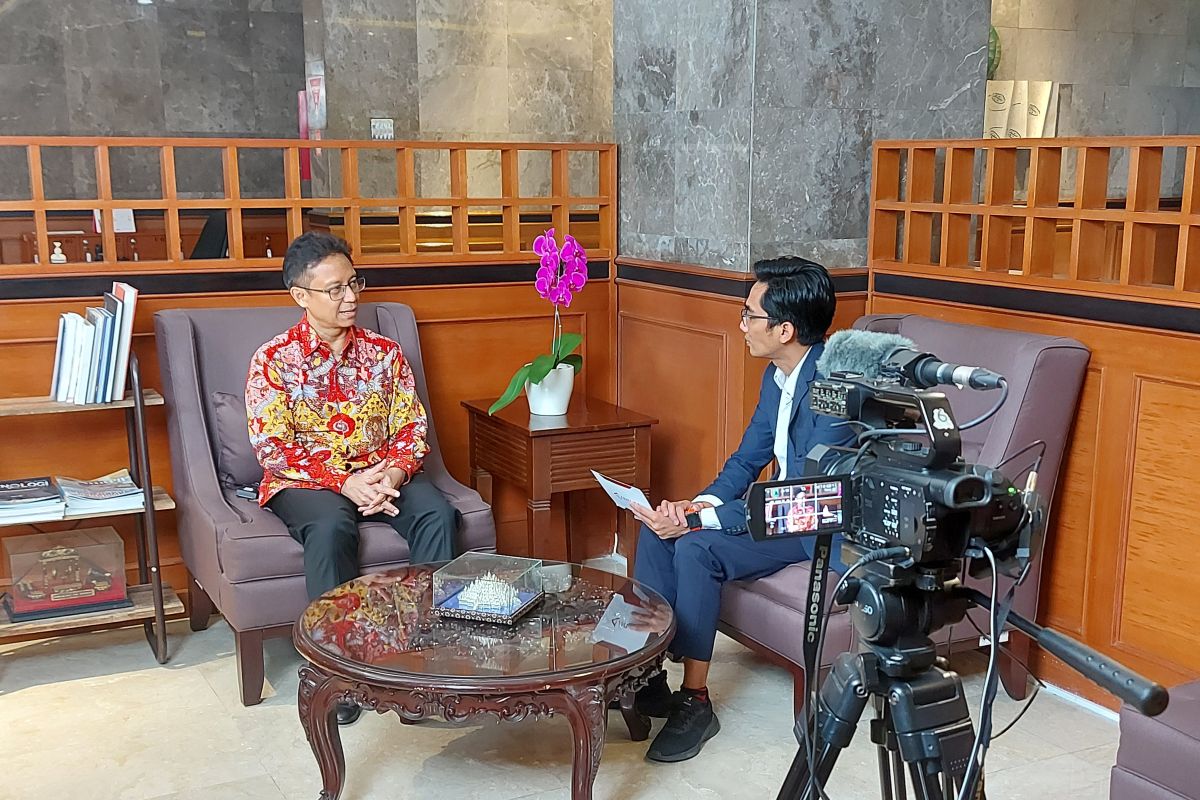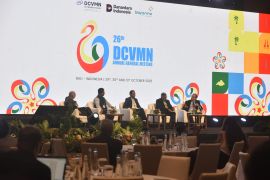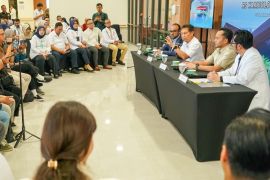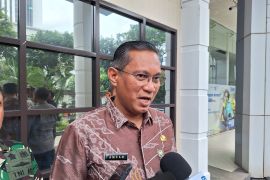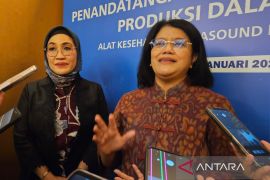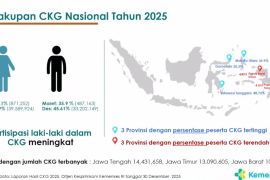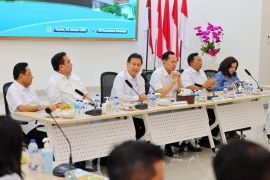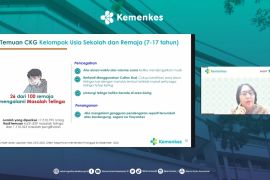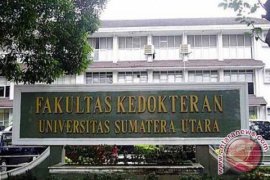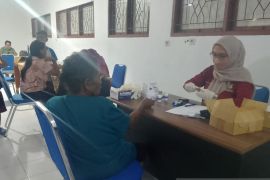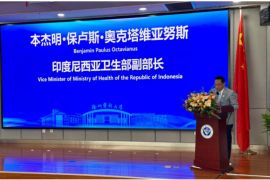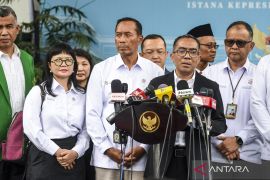The war mobilized no less than 100 million people from various military forces strengthened by economic, industrial, and scientific capabilities, causing around 70 million deaths and destroying the world economy.
The world's major crisis due to war was devastating. However, on the other hand, it opened up a great opportunity to build fundamental changes to the global financial architecture in recovering from the economic impact of the war.
In 1944, the Bretton Woods Conference brought together world leaders to discuss the restructuring of the global financial system as the main support in facing the world crisis.
One of its achievements was the establishment of the International Monetary Fund (IMF) and the World Bank that played an important role in supporting the Indonesian economy when it was hit by the 1998 and 2008 monetary storms.
Related news: Pandemic Fund greatest G20 feat in healthcare sector: Minister Sadikin
On March 11, 2020, the world was again hit by a crisis, this time triggered by the COVID-19 pandemic. Countries, with fragile health systems, collapsed instantly and even those with stronger conditions were also affected by the pandemic.
Indonesian Health Minister, Budi Gunadi Sadikin, remarked that the world health sector was lacking support from the main pillars of funding, such as those owned by the economic sector in the form of the IMF and the World Bank.
The World Health Organization (WHO) was created only to issue health regulations globally in times of threat of an outbreak.
Learning from this historical journey, Indonesia is keen to make the most of the opportunity to lead the G20 presidency this year. The country aims to weave a safety net for future pandemics, through the support of 19 countries that affect 90 percent of the world's gross domestic product (GDP), 80 percent of the total world trade, and two-thirds of the world population.
Indonesia utilizes this global momentum presented by the pandemic) to change the global health system architecture, akin to earlier leaders when they changed the world financial architecture.
Related news: G20 committed to financing better pandemic response
Pandemic Fund
Indonesia's series of diplomacy in the G20 health sector since March 2022 resulted in an agreement on the importance of establishing a pandemic fund or pandemic emergency fund.
For the Indonesian government, this achievement is the most successful of the four other agreements: the formalization of the Global Access to COVID-19 Tools Accelerator COVID-19 (ACT) Cooperation Agency, the establishment of a genomic network, harmonization of health protocols, and equal access to diagnostic tools, medicine, and vaccines.
The additional achievements are strengthening global commitment to tackling Tuberculosis, antimicrobial resistance (AMR) as well as the One Health or integrated health approach inherited from the previous G20 Presidency.
The Pandemic Fund, or earlier known as the Financial Intermediary Fund (FIF), is Indonesia’s initiative from the agreement of finance ministers and health ministers of the G20 countries in the G20 Joint Finance and Health Minister Meeting (JFHMM) meeting in Yogyakarta, June 22.
The World Bank and WHO are two international organizations that will act as implementing entities for funds from G20 countries to purchase diagnostic tools, medicines, and vaccines.
All of these needs are distributed through the support of the world body Global Fund, The Global Alliance for Vaccines and Immunization (GAVI), and the Coalition for Epidemic Preparedness Innovations (CEPI).
GAVI has the biggest role during the pandemic as the world body that oversees the purchase and distribution of vaccines around the world.
GAVI was originally part of the FIF mechanism initiated during the G20 Tokyo 2019. During the pandemic, GAVI has helped vaccinate more than one million children and prevent 600 million deaths outside of COVID-19.
In addition, the Global Fund, as a global entity that focuses on combating HIV, malaria, and tuberculosis, plays a role in collecting and investing money in a three-year cycle known as replenishment.
The three-year approach was adopted since 2005 to allow for more stable and predictable financing for countries to ensure the program's sustainability.
Meanwhile, CEPI works as an implementing entity to advance collaborative efforts among global health institutions by placing a strong and necessary network to implement the response to the pandemic.
Related news: Indonesia optimistic G20 sherpa meeting produces Leader's Declaration
Equal access
Indonesia's diplomacy among the G20 countries has succeeded in raising a total of US$1.4 billion for pandemic funds from the commitments of 18 global institutions, with 15 of them being G20 member countries and three international philanthropic institutions.
The commitment to raise pandemic funds is projected to reach US$12.5 billion over the course of the next five years.
Medicines, vaccines, and diagnostic tools are the components of emergency health countermeasures (EHC) that are the most difficult to access, especially in countries with weak economic levels during a pandemic emergency crisis.
The achievements of the pandemic fund and ACT will be used to meet the funding needs for EHC procurement, especially for poor countries.
WHO has brought together all agencies involved in EHC in the informal ACT forum comprising several global bodies, including, UNICEF, Bill and Melinda Gates Foundation, CEPI, GAVI, and Global Fund.
ACT can strengthen global collaborations between governments, scientists, manufacturers, businesses, civil society, philanthropy, and global health organizations to accelerate development, production, and equal access to COVID-19 testing, treatment, and vaccination.
The pandemic fund agreement is planned to be inaugurated during the agenda of the Joint Finance G20 and Health Ministers Meeting that will take place in Bali on November 12-14, 2022.
Related news: President Jokowi launches Pandemic Fund prior to G20 Summit
Related news: G20 Health Ministers agree to establish Pandemic Fund
Editor: Fardah Assegaf
Copyright © ANTARA 2022
